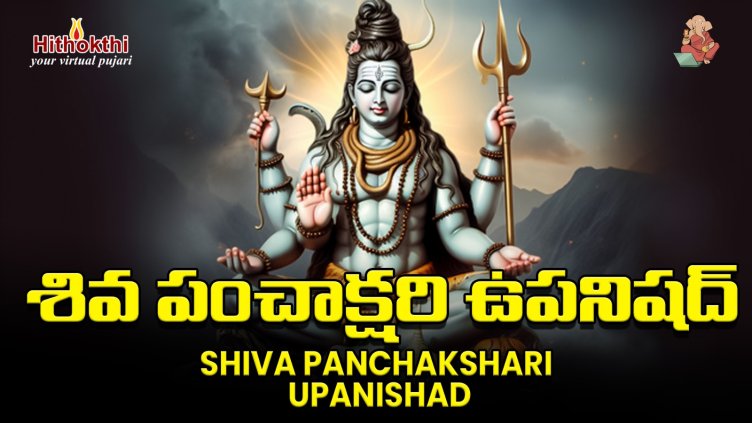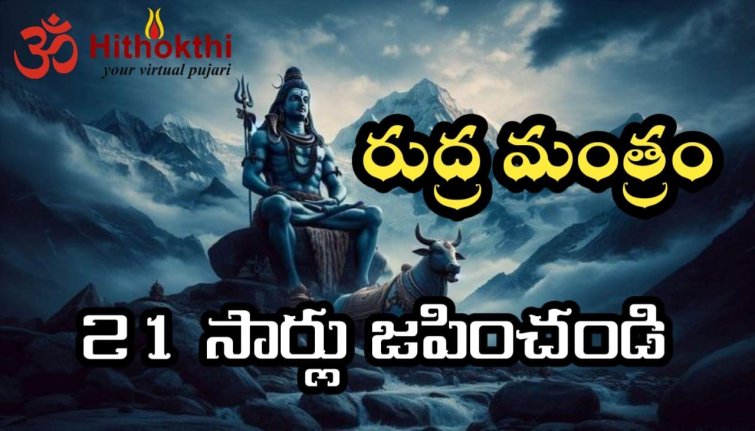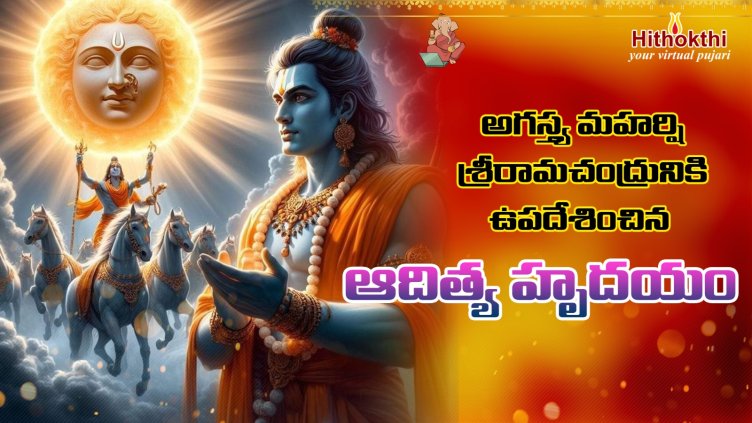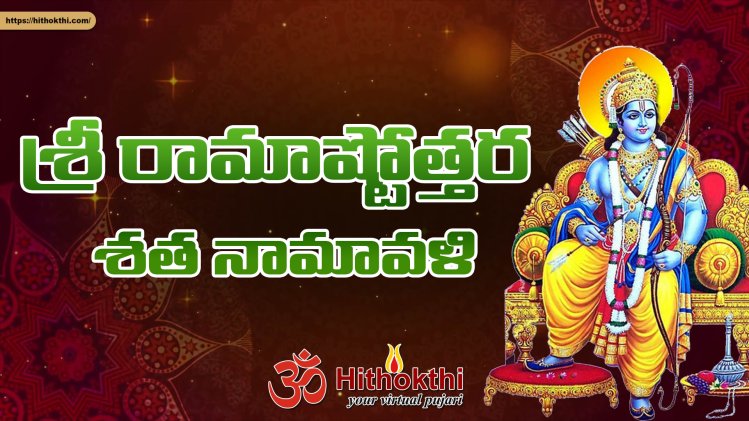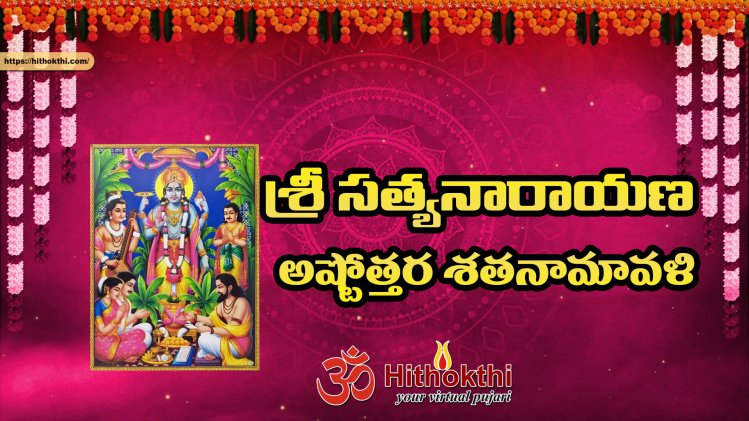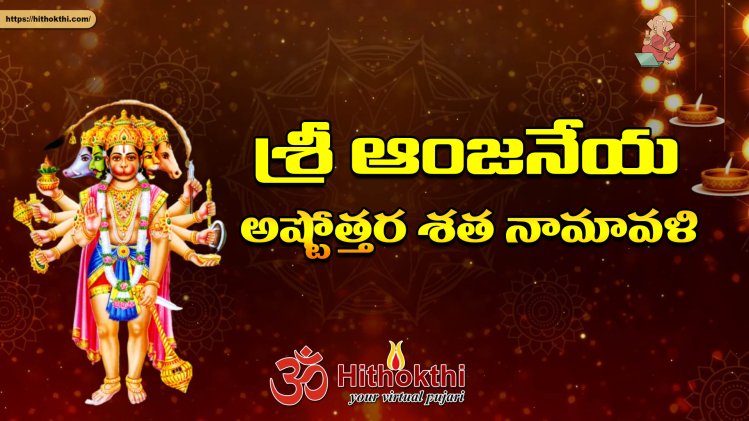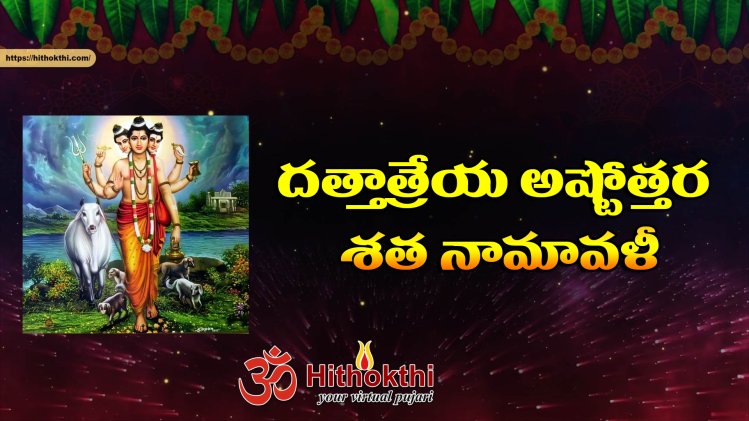Devotees lash out on Gods!!!!

Religion and gods associated with it have an exalted place in Indian society. This is reflected in the numerous festivals held across the country. Here is one fest with a difference — the ‘Kunde Habba’ or ‘Bedu Habba’ celebrated by the tribal people in Kodagu at Devarapura, near Gonicoppa town, annually. Though their lives are marked by penury, they brush aside all their worries for one day to celebrate the festival with great joy.
The custom during the fest is strange: hurling abuses at gods and goddesses. Legend has it that Lord Ayyappa (termed as the hunter god) would invite the tribal people from the forests one day for hunting and as they proceed a beautiful angel or goddess would appear on their way. Attracted by the angel’s beauty, Lord Ayyappa would desert the adivasis and move into the forests with the angel. The adivasis, feeling betrayed and enraged, would hurl the choicest of abuses at both of them.
Tribal people, all men, masquerade as different characters during a particular day of the festival. Men dress up as women, and as various fancy characters, and lampoon various personalities and pass comments bordering on the vulgar at passersby.
Smearing themselves with colours ranging from the mute to the gawdy, the adivasis sing and dance in merriment and there is no glum moment in the entire episode. The usually shy and undemonstrative adivasis, who have made forests their homes since ages, shore up unusual courage on the Kunde Habba day to ‘torment’ other people, including their employers, by taking out a procession and seeking ‘rewards’ in the form of money from the people in Devarapura town, before visiting the villages in the vicinity.
They visit the shops in the town, and stop vehicles passing by, to seek money for their ‘effort’. Some would not stand them for long, thanks to the severity of the abuses. The fancy dress would vary from the modern to the jungle kind in which men wrap themselves with twigs and leaves. If the shopkeeper or the person delays offering gifts, he would hear the choicest expletives from the adivasis. And, no offence is taken by anyone.
Innovation
The adivasis also conjure up innovative ideas to construe their own musical instruments to play, sing and dance on the occasion. Wild bottlegourd skin, plastic pots, cans, tins, etc., are used as musical instruments. Drums symbolising the adivasi culture are extensively used. Modern dresses could even be jeans. Some tribals sport cooling glasses.
The Kunde Habba has a large following now. Originally conceived as act to fulfil a vow taken by the adivasis to their gods, many others have started joining them in the recent days. It is nothing but a move to appease the adivasi gods to bode the forest dwellers well.
The revellers sing and dance to modern cinema music which has extensively replaced the traditional adivasi songs. More than 1,500 adivasis and others had taken part in the Kunde Habba that concluded at Devarapura recently.
At the end of the day, the adivasis gather at the Lord Ayyappa temple at Devarapura and seek apologies from the deity for having indulged in a show to ‘displease’ the gods. They also pacify the people who might have felt insulted during the Kunde Habba.
There have been instances where the younger elements among the adivasis have tried to settle scores with their employers, who are coffee plantation owners. But neither of them would nurse ill will afterwards as the spirit of the festival reigns supreme. The festival is not just confined to the adivasi people in Kodagu. Their peers from the neighbouring Nagarahole national park area, Periyapatna, and Hunsur also join in the event to indulge in fun and gaiety.
Bodu Namme
Similar festivals are also celebrated in several other villages of Kodagu district such as Maggula, Iymangala, Oipada, and Chembebellur. Some are annual festivals and some are biennial events. They are termed as ‘Bodu Namme’ (Bedu Habba in Kannada) and the basic objective of all these festivals is the same. The people celebrate the festivals in praise of Bhadrakali or Bhagavathi in these villages, taking out household visits dressed as different characters. Residents of three villages —Maggula, Iymangala and Oipada — would gather at the ‘devarakadu’ (sacred grove) on the Virajpet-Ammathi road on a particular day to invite the three sisters (Bhadrakali) to their villages. Priests accompany them from three villages to the devarakadu.
The rituals associated with the Bodu Namme in the villages include ‘Kali’ in which menfolk beat ‘dhol’ (large drums) and others dressed as different characters visit households throughout the night and the next day. The ‘visitors’ are treated in a grand manner by the hosts and served food and drinks.
Kudure
‘Kudure’, in which boys or men carrying dummy horses run to compete with each other, the next day, is another aspect of the festival. The ‘Pannikkas’ would perform the ‘tere’, a ritual to propitiate the goddess on the occasion. The ‘Kunda’ and ‘Choole’, in which minor boys dress up as girls and girls as boys, is taken out on the penultimate day of the Bodu Namme. It is also time for all to come together on one platform, displaying rare camaraderie.

